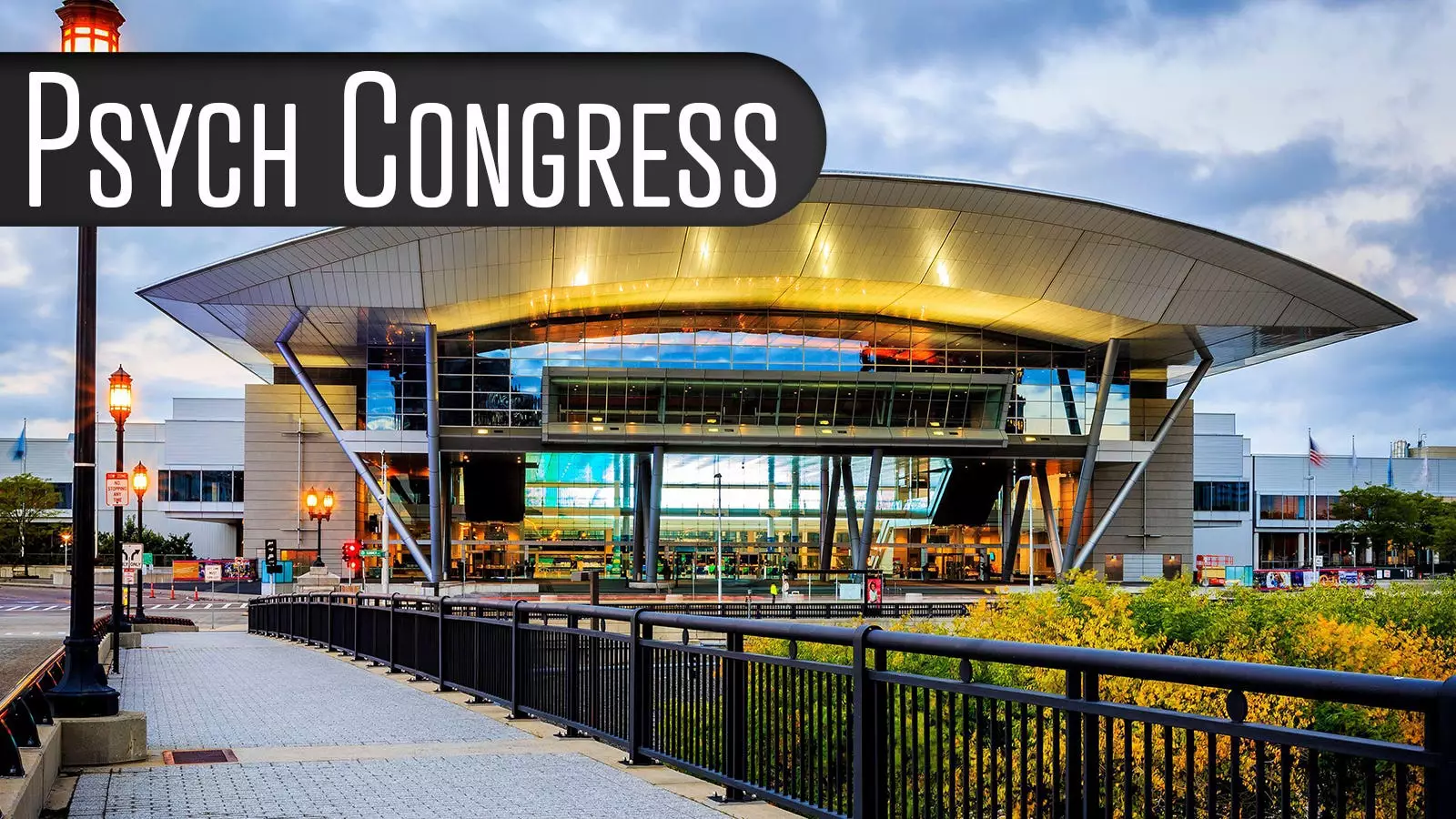Recent findings from a longitudinal study reveal a concerning link between relapse episodes and increased mortality rates among individuals with schizophrenia. Conducted by a team led by Dr. Christoph Correll from the Zucker School of Medicine, this research sheds light on the severe implications of missed treatment adherence and stabilization efforts. The study findings underscore how even a single relapse can trigger a significant increase in all-cause mortality, particularly in those who were previously stable. This revelation adds another layer to the complexities of managing schizophrenia, as it highlights not just the immediate effects of relapse but also its long-term, life-threatening consequences.
The study comprised 32,071 patients tracked over an average of 40 months, illustrating that any occurrence of relapse corresponded with a higher risk of mortality. Specifically, the association grew more alarming with each additional relapse, bolstering the argument that continuous effective treatment and proactive management are essential in extending life expectancy for these individuals. The odds ratios reported suggest that the mortality risk escalates almost linearly, stressing how critical it is to mitigate risks through consistent care and strategic interventions.
The survival rates reported in the study paint a stark picture: over five years, those experiencing one relapse maintained a 78% survival rate, but individuals with ten relapses faced a dramatic drop to only 58%. This alarming statistic drives home the urgency to prioritize relapse prevention strategies. Dr. Correll emphasized the necessity of early interventions that focus on treatment adjustments, particularly advocating for the use of long-acting injectable (LAI) antipsychotics in stable patients. This recommendation arises from a clear acknowledgment that prolonged adherence to medications can substantially enhance the quality of life and health outcomes.
Administration of LAI antipsychotics not only promotes prescription adherence but also reduces relapse rates, which correlates directly to improved survival chances. This evidence encourages clinicians to reevaluate existing management plans, pushing for a shift towards a more integrated approach that encompasses not just symptom management but broader health considerations. Focusing on a holistic treatment strategy allows for the overwhelming impacts of both comorbidities and psychiatric symptoms to be effectively addressed.
Dr. Correll’s findings extend the conversation around schizophrenia beyond symptom management. Relapse episodes pose not just immediate risks but also contribute to longer-term health complications. This results from a confluence of factors, including increased vulnerability to physical health issues and escalated risks of suicide. By emphasizing the importance of managing relapse and engaging in comprehensive care, these insights underscore the necessity of addressing the mental and physical health of patients collectively, rather than in isolation.
The study’s methodology, which analyzed de-identified claims data from the Optim’s Clinformatics Database, reveals further nuances regarding the patient demographic. Approximately 51% of the cohort were male, with a mean age of around 57.6 years, indicating that the implications of relapse cross gender and age lines but still showcase particular vulnerabilities within the spectrum of patient demographics. Interestingly, the data also pointed to a low prevalence of sustained care through LAI antipsychotics, which should prompt a critical reflection on current prescribing practices and adherence policies.
The findings, while alarming, also pave the way for further research into preventing relapse and identifying strategies to combat associated mortality risk. As noted by Correll, the potential underreporting of relapse episodes and mortality in the claims data highlights the need for more exhaustive research. By delving deeper into the cause-specific mortality rates pertaining to schizophrenia relapse, healthcare practitioners can better tailor interventions that specifically target these high-risk areas.
Ultimately, the evidence cannot be ignored: Relapse management represents a pivotal aspect of extending the lifespan and improving the quality of life for individuals dealing with schizophrenia. Future frameworks in clinical practice should prioritize early detection of exacerbations, proactive treatment adjustments, and holistic patient care models to ensure that individuals with schizophrenia are supported in living healthier, longer lives.

Leave a Reply